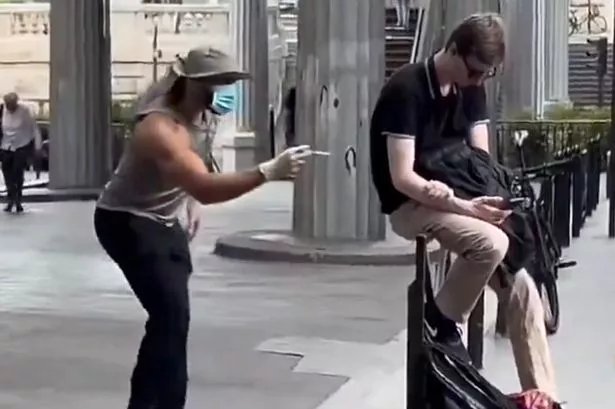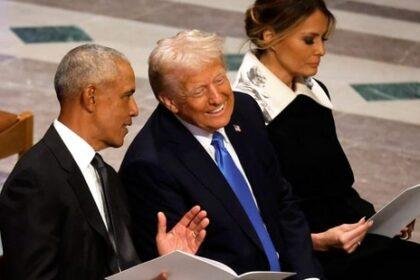Influencer Sentenced for Disturbing Prank Involving Fake Syringe Attacks
In a case that has sparked widespread outrage, Ilan M., a 27-year-old influencer known online as “Amine Mojito,” has been sentenced to six months in prison for a series of disturbing pranks that involved pretending to inject unsuspecting individuals with a syringe. This incident, which occurred shortly before the Fête de la Musique (World Music Day) in June, has raised significant concerns about public safety and the responsibilities of social media influencers.
The Disturbing Prank
Ilan M. filmed himself using an empty syringe to simulate injecting people in public spaces, capturing their horrified reactions for his social media followers. The video, titled “Mojito le piqueur fou” (the mad stinger), was shared on TikTok and quickly went viral, igniting a wave of anger across France. At the time, the country was already grappling with reports of needle spiking incidents at festivals and parties, which added to the public’s alarm.
During the Fête de la Musique, police received 145 reports of needle spiking, although investigations revealed that few concrete cases were substantiated. The timing of Ilan M.’s prank, therefore, was particularly insensitive, as it played into the fears surrounding these real incidents.
Legal Consequences
Following his arrest, Ilan M. faced charges of “violence with a weapon that did not result in incapacity for work.” The Paris Criminal Court ultimately sentenced him to 12 months in prison, with six months suspended. He was also fined €1,500 (approximately £1,302) and prohibited from owning or carrying a weapon for three years. Prosecutors had initially sought a harsher sentence of 15 months, including electronic monitoring.
In court, Ilan M. expressed remorse, stating that he had been “in his own world” and did not fully comprehend the potential harm of his actions. He admitted to imitating similar pranks he had seen online in Spain and Portugal, claiming he never intended to hurt anyone. His defense attorney, Marie Claret de Fleurieu, argued that the sentence was a reasonable response to the initial media frenzy surrounding the case, aiming to balance public order with the rights of the accused.
Public Reaction
The sentence has drawn mixed reactions from the public. Many social media users expressed outrage, arguing that six months is insufficient for the psychological distress caused by Ilan M.’s actions. Comments on various platforms highlighted the potential for copycat behavior, with some users warning that such pranks could inspire others to engage in harmful acts.
One user remarked, “The gesture is revolting, even with an empty syringe. The risk of spreading this kind of video is that crazies will imitate it with harmful substances.” Another added, “Even if it was a ‘prank,’ I imagine that some of the people who were tricked must have lived in terror at the thought of having been actually stabbed and contaminated by something.”
The Broader Context
This incident raises important questions about the role of social media influencers and the impact of their content on public safety. In recent years, the rise of social media has led to a new breed of celebrity, where individuals gain fame and followers through increasingly outrageous stunts. While many influencers use their platforms for positive messages, others have pushed boundaries in pursuit of virality, often without considering the potential consequences.
The phenomenon of “prank culture” has been criticized for normalizing dangerous behavior. In the past, similar pranks have led to serious injuries or even fatalities. The case of Ilan M. serves as a stark reminder of the fine line between entertainment and irresponsibility, particularly in a digital age where content can spread rapidly and widely.
Conclusion
Ilan M.’s sentencing highlights the ongoing debate surrounding the responsibilities of influencers and the potential consequences of their actions. As society grapples with the implications of social media culture, it becomes increasingly important to consider the ethical dimensions of content creation. While humor and entertainment are valuable, they should never come at the expense of public safety or well-being. The case serves as a cautionary tale for both influencers and their audiences, emphasizing the need for greater accountability in the digital landscape.











